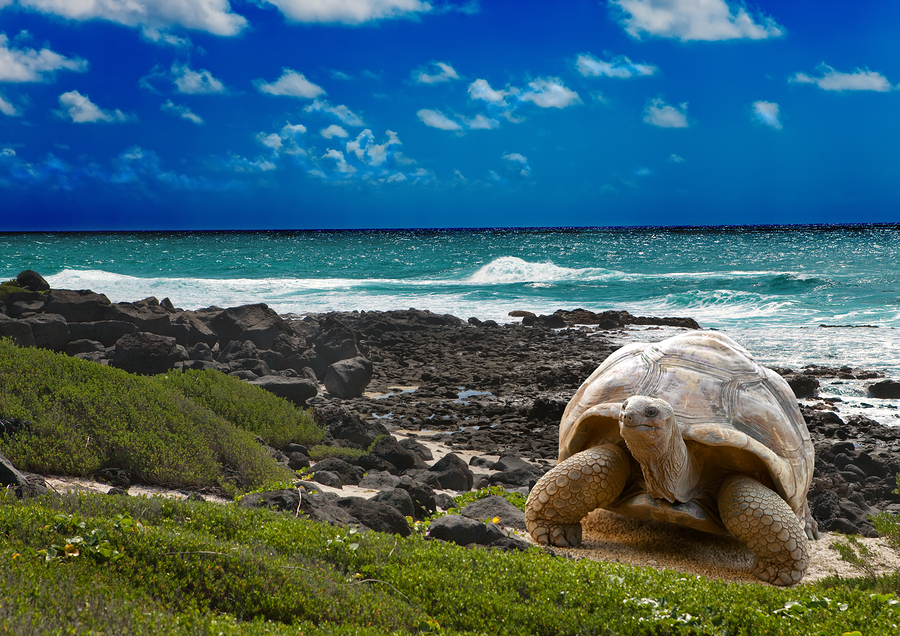WITH an endless supply of study abroad options, it is always interesting to see why people choose their courses. For her post-graduate diploma, Jennifer Parker studied Endangered Species Recovery in Mauritius with the Durell Wildlife Trust...
Perhaps surprisingly, it was not graduating from my zoology degree that compelled me to apply for a post-graduate diploma in Endangered Species Recovery. On the contrary, spending months digging holes in the pouring rain in an attempt to catch ground beetles for my undergraduate dissertation rather put me off the idea of further animal study. Instead, I decided that the study of human fossils would be a welcome change.
I spent the following year commuting to London to study for an MSc in Palaoanthropology and Palaeolithic Archaeology (the study of human evolution). But at about the same time as I was getting the hang of saying my degree title without stuttering and having to start over, I was realising that the topic was not for me. Learning about human evolution was fantastic and the degree was absolutely worthwhile, but spending the rest of my days in the dirt looking for fossils of what was once there? Not so much.
So, what next? By this point, beetles and I had spent some much needed time apart and I was beginning to look back on our relationship with a strange fondness – laughing at the times that we had spent together. Emptying the slug-filled pitfall traps into sample tubes under stormy skies, spending hours in a window-less lab counting the numbers of hairs on each ground beetle leg under a microscope… Those were the days.
It dawned on me that, though not always pleasant, zoology work is worthwhile and, in the field of conservation in particular, involves making a real difference to the future of this planet – not just exploring the past. This was far more important to me than working a comfortable, predictable job with a good salary (conservationists like to make it known to anybody who breaches the topic that if you are looking for money, conservation is absolutely not the field for you).
Conservation was calling and, following numerous failed PhD applications, I came upon the Durrell Wildlife Trust website, where they were advertising a six-month post-grad course in Endangered Species Recovery. Not only did the course offer what I felt my CV lacking – extensive field experience – but it was taught by leading names in the field and, as an enticing extra, was based in Mauritius.

Mauritius, land of the dodo, is renowned for some of the most impressive conservation successes to date. The Mauritius kestrel, for example, was bolstered from just two breeding pairs to a population of several hundred, springing it from the grasps of extinction. The work of the Durrell Wildlife Trust and the Mauritian Wildlife Foundation was ground breaking and truly changing the ecological future of the country, and indeed the world– this is the sort of work that I wanted to be involved in.
I sent off my application in haste with no expectation of being offered a place on the course. Before I knew it, I was packing my suitcase (with tea, mostly) and boarding a plane to a tropical island half way around the world to begin my conservation adventure.
Read more about Jen's Journeys: